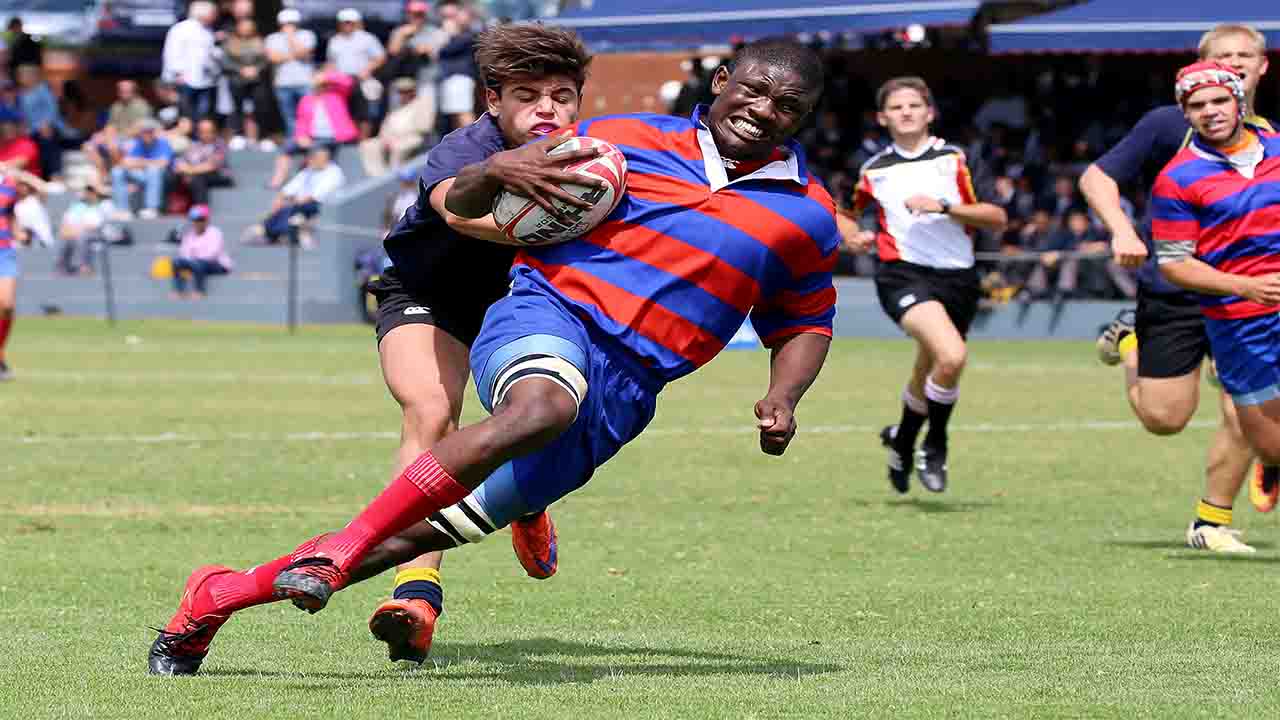Health UK (Commonwealth Union) – A trailblazing scientific investigation has unveiled that the repercussions of multiple concussions in rugby players continue to reverberate within their brains even after retiring from the sport. Spearheaded by a team of scientists at the Neurovascular Research Laboratory, University of South Wales, this study meticulously analyzed the enduring effects of recurrent concussions sustained throughout two decades of participation in rugby union. The outcomes of this research, which have been documented in the journal Experimental Physiology, cast illumination upon the persistent manifestations of concussion-related symptoms among retired players. Additionally, the study highlights the compromised cognitive capacities in these individuals, potentially augmenting their susceptibility to dementia in their later years.
In this revolutionary research endeavor, the investigators juxtaposed retired rugby players with controls who were matched in terms of age, educational background, and physical fitness. Notably, the controls had no history of engagement in contact sports or concussions. The study unearthed a plausible causative factor for the observed issues – a decline in cerebral blood flow attributed to a reduction in the availability of nitric oxide. Nitric oxide assumes a critical role as a chemical mediator, facilitating the relaxation of arteries and ensuring the adequate supply of oxygen and glucose imperative for optimal brain performance, as indicated by researchers.
Professor Damian Bailey, who is the lead investigator of the study stressed on the significance of these findings “This is the first study to determine why contact events caused by the sheer physicality of playing rugby union is bad for the brain in the long-term. Our research provides novel insight into the long-term effects of recurrent concussions. By understanding the underlying mechanisms and biomarkers of brain health, we can better protect players throughout their careers and develop targeted interventions to improve brain blood flow and cognitive function.”
Researchers indicated that the importance of this finding goes further than rugby, with associations in other contact sports with key features like recurrent concussions, that consist of boxing, mixed martial arts, soccer, American football, hockey, and horse racing. The results of research are consistent with the contributions of Professor Bailey’s 1st UK-wide Concussion Guidelines for Grassroots Sport, formed together with the UK Government and the Sport and Recreation Alliance. These evidence-based guidelines have the objective of marking, managing, and avoiding the devastating effects of head injuries and concussions in many sporting activities.
Many rough contact sports such American Football, boxing and rugby have often been a central focus for health researchers who have often expressed concerns of their effects on the brain particularly in later years.
Professor Bailey further stated “One of the most striking observations from our research was the lack of concussion awareness during the active careers of these retired athletes. Players often continued playing despite experiencing classic concussion symptoms.”
In order to conduct this research, the team, led by co-investigator Dr. Thomas Owens, employed a comprehensive physiological methodology, collaborating with a diverse group of biomedical scientists and medical experts. They meticulously examined indicators of brain well-being in a cohort of 20 retired rugby players, with an average age of around 64 years, who had experienced concussions during a span of more than twenty years competing at both regional and international levels. These players were juxtaposed with 21 matched controls who lacked any history of engagement in contact sports or concussions. The evaluations encompassed assessments of symptoms linked to concussions, blood-based biomarkers, measurements of brain blood flow, and tests gauging cognitive function.
While the study offers invaluable insights, it is not without limitations. The research hinged on participants’ retrospective recollections of contact and concussions, which could be prone to memory inaccuracies. Future investigations with more extensive participant groups and longitudinal designs are imperative to trace alterations in brain health throughout a player’s career and into retirement. Incorporating neuroimaging techniques will provide a comprehensive comprehension of structural changes in the brain.








